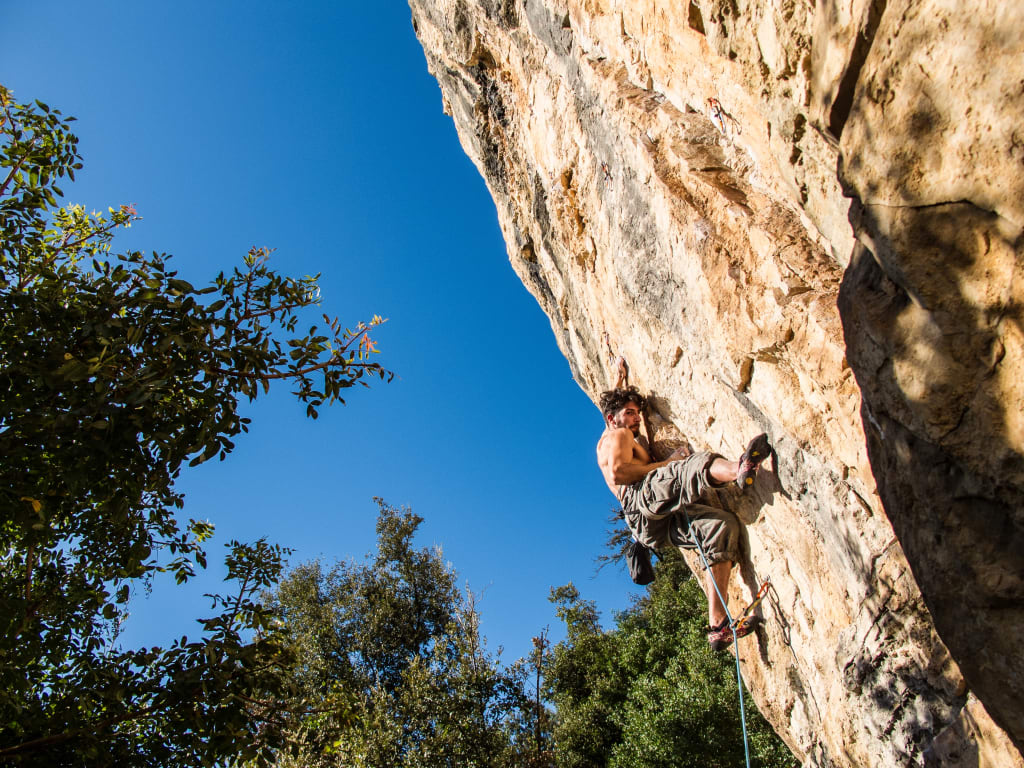
Whether someone is getting started in rock climbing or has been doing it for a while, everyone would want to be always safe. Nothing is more crucial than protecting yourself from injuries when climbing rocks, but unfortunately, people overlook their safety sometimes. There are many potential dangers that rock climbers are likely to encounter during their exploration. Besides going over these life-threatening risks, there are a few tricks rock climbers can use to get themselves out of a sticky situation in case they find themselves in one.
Equipment Failure
It is the rarest way for a rock climber to get injured due to the redundancy that comes with modern climbing gear. One part of contemporary climbing gear can fail, but there is always a backup somewhere to prevent a rock climber from being injured. However, rock climbers should trust their equipment to some extent. Of course, don’t expect your new climbing gear to protect you against everything because you can still get hurt for being too neglectful. Luckily, there are a few ways rock climbers can avoid equipment failure and guard themselves against any risk that they may encounter while in their exploration. Firstly, make sure that every piece of your new rock climbing gear features high quality material. Don’t hope to rely on any cheap piece of climbing gear that isn’t worth its quality of features it comes with. Also, make sure that the necessary agencies certify all your climbing equipment. Some venues won’t even allow you to participate in an event with climbing gear that could potentially endanger your life. Saving a few dollars on rock climbing gear isn’t worth sustaining severe injuries or losing your life.
Loose Rocks
Of course, every rock climber wants to be careful with the walls and cliffs that they will be scaling when they go for a climbing event. Never expect conditions to be the same even for a rock that you climb every time you go out for a climbing exploration. Walls can sometimes get dislodged, and erosion will keep occurring. Climbers should only hold or step on a solid rock because a rock fall can result in falls, severe injuries, and lost grip. However, a loose rock may not end up causing immediate harm to the climber. A loose point in a cliff or wall, for example, can fail when a rock climber needs it most. While most rock climbing courses are free of loose rocks, that doesn’t mean that climbers should let their guard down. The moment that a rock climber grows complacent is the minute he or she starts to endanger their life, and there is no room for an event that is as risky as rock climbing. Rock climbers can avoid potential accidents by staying prepared for any hazards involved in rock climbing. In short, rock climbing is dangerous, and climbers put themselves to the risk of getting injured or even losing toenails every time they go climbing rocks.
Weather
Weather is one of the things climbers often fail to account for when going out for outdoor climbing events. You may end up being frustrated during a climbing occasion if you don’t pay attention to the weather forecast. Sudden rains can make rocks slippery and make you more prone to the risk of losing your toe or falling. Rain not only makes it hard for a rock climber to get a grip on the rock or wall that they are trying to climb but also brings lightning and thunder with it. Storms often zap a rock climber off the face of a wall or cliff. Lightning can be dangerous in mountain and wall climbing, and it may be time to pack things up when you notice a hint of thunder. Rock climbers should equip themselves with warm clothes when going out to climb rocks and mountains in cold regions because rain often causes hypothermia.






Comments
There are no comments for this story
Be the first to respond and start the conversation.